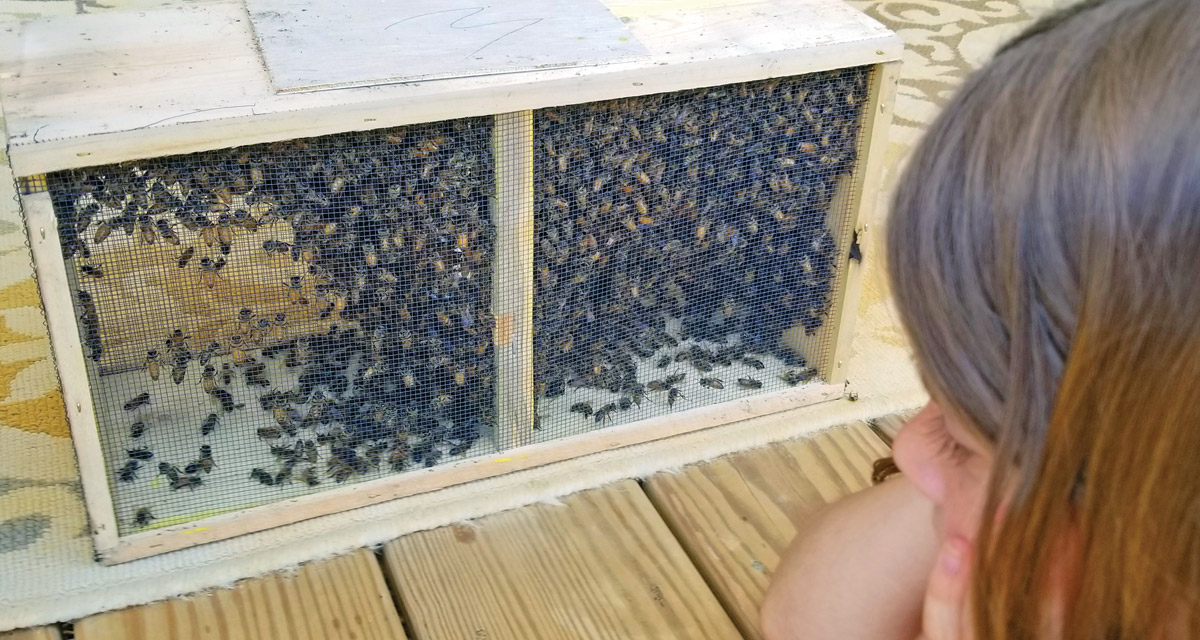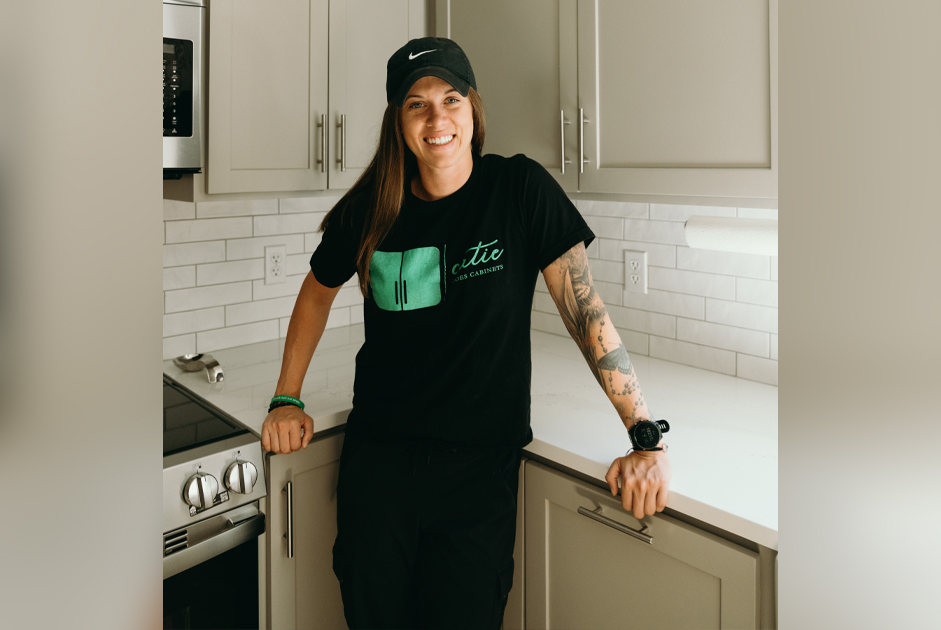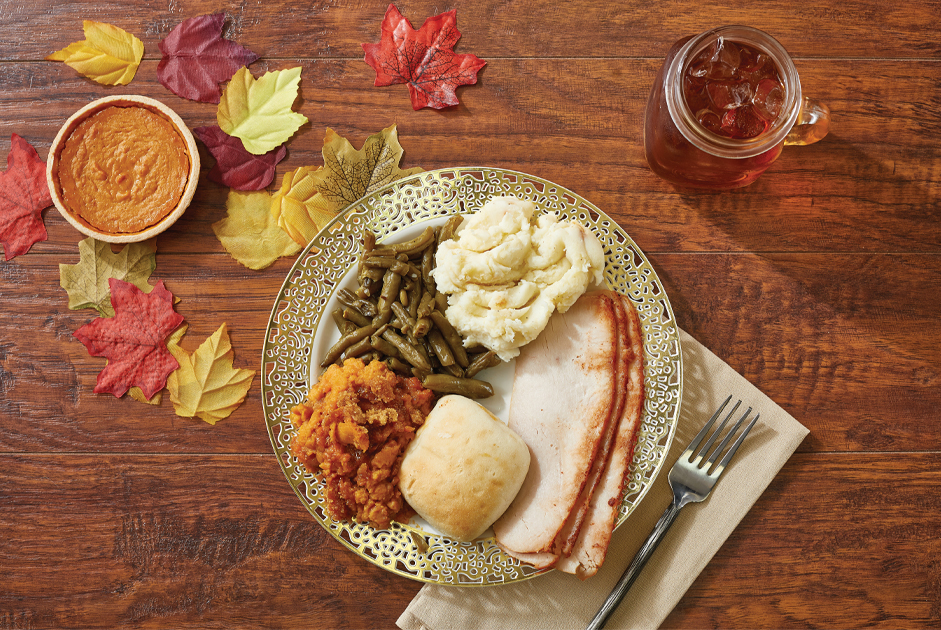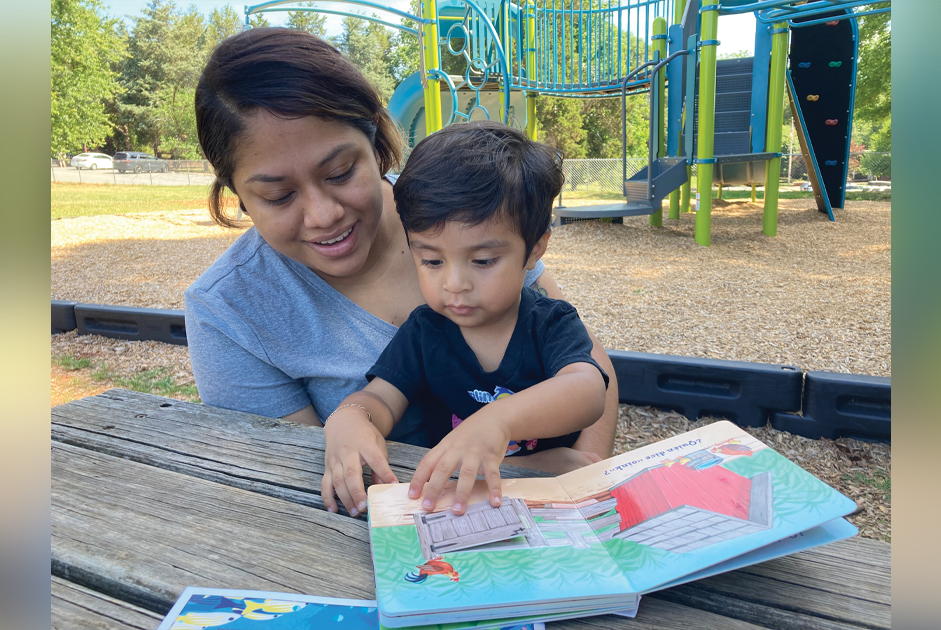In the summer when you were, say, eight years old, a cartwheel conducted in the front lawn of your home may have resulted in a bad experience—namely, a sting. The remembrance of that one moment may have stayed in your memory, fostering fear at the sound of buzzing or the mere appearance of a bee resting inside a flower. There is a distinction, however, between dangerous bees, hornets, yellow jackets, and wasps and the particular types of bees that are responsible for pollinating our trees and flowers. If donning the white bee suit and gloves is appealing, it is an empowering moment to stand in the presence of a prosperous hive and watch the small striped bees perform distinct jobs of flying out and collecting pollen for the colony.
Benefits of Bee Keeping
Individuals who have established a hive on their property have higher yields from their fruit trees and vegetables, and if the beekeeper continues to expand their colonies, there will be the reward of another delicious product, honey! It’s natural to have reservations about interacting with bees. With the protection of a bee suit, and the keen desire to take care of the hive, individuals may discover they are more than just a beekeeper. Titles like “queen regent” may occur to them in secret, as well as the notion that they could become a “bee whisperer.” Not everyone can stand to feel the gentle wind of wings beating above the hand while tickling feet land and walk before flying off.
Location
It is a common misconception that only a person who lives in the country can enjoy beekeeping. The reality is, many urban beekeepers have established hives on rooftops and in community gardens. Success depends upon the interaction between the beekeeper and the colony and a well-suited location, facing south and roughly 16 inches off the ground. Bees also require sunlight to begin their day. Since honeybees can travel a great distance, consider the surroundings, such as the sources of pollen, including wildflowers and weeds, and water. (Add a few rocks to a nearby birdbath to ensure the bees have a drinking source and are able to stay safe.) Beekeepers can assist in providing a layer of protection; however, bees can and will survive the most challenging winters on their own.
Research and Meetings
If you have the slightest interest in the workings and requirements of setting up a hive, begin by watching online videos or listening to podcasts. Since experienced apiarists can provide the rules and tips for beekeeping, introduce yourself to a local beekeeper. He or she will be eager to answer questions and connect you with a local apiarist who sells honey, hives, equipment, supplies, and bees.
Supers and Honey Boxes
One option for the backyard beekeeper is to contain your colony in two medium boxes called supers, which house ten frames. Resting on top are honey boxes, a third and fourth box, relatively smaller in size and frame. New beekeepers can buy a kit comprising supers, honey boxes, frames, wax inserts, bottom boards, an inner top lid, a telescoping top, and feeders. Befriending an apiarist, you may decide to buy his supplies or seek a secondary option. Paint each box before the arrival of your ordered bees, which can either be picked up or delivered between April and May. Once placed in the hive, bees require time to collect pollen and lay a brood in preparation for the arrival of winter.
The Beekeeper
The role of the beekeeper will be both joyous and semi-scheduled. By July, honeybees will begin to consume vast amounts of sugar water (one and two-thirds cup of water to one cup of sugar) due to the lack of available pollen. A top feeder, which holds up to four gallons of sugar water, may be a worthwhile purchase. Additionally, having available a 3.5-gallon bucket with a spinning lid to contain 25 pounds of sugar will accommodate the constant demands of feeding. New beekeepers will enjoy visiting the hive in the early or late daylight hours to swap out a Mason jar or add a gallon to the top feeder. Witnessing productive and well-bedded bees only adds to a beekeeper’s enjoyment.
Bees are among the most important insects to humans. While the decision to become a beekeeper is an important one, you can meanwhile support your local beekeepers by buying honey, and planting flowers that attract our native pollinators! Together, we can “bee” helpful!























